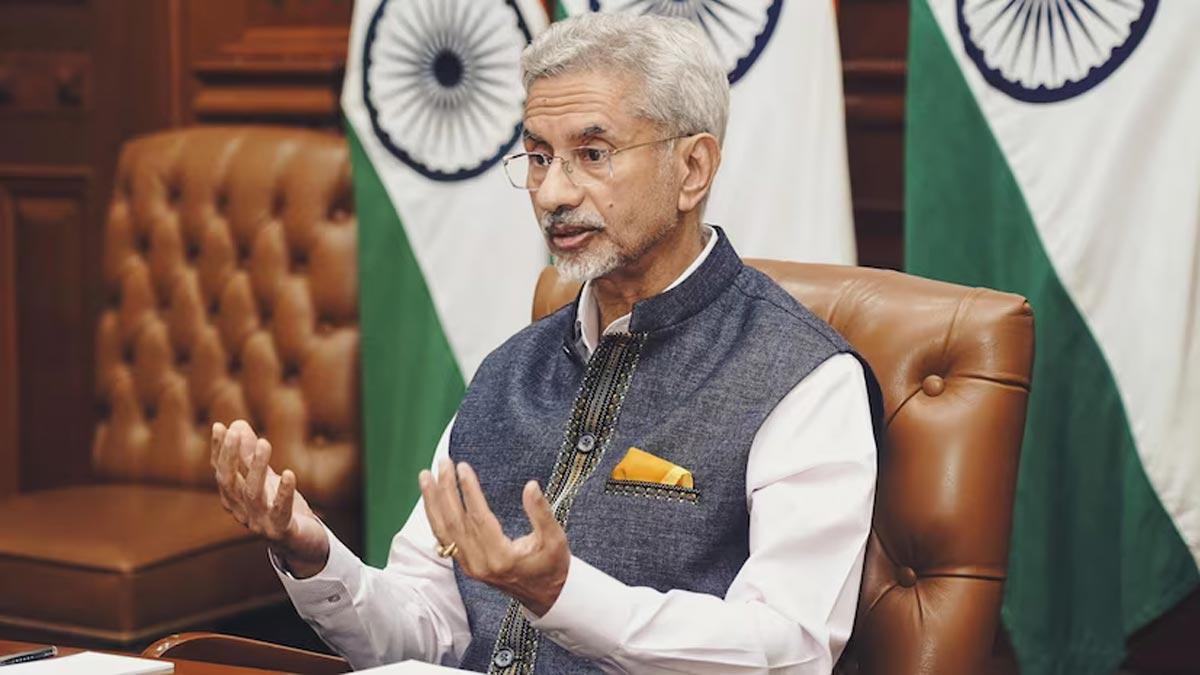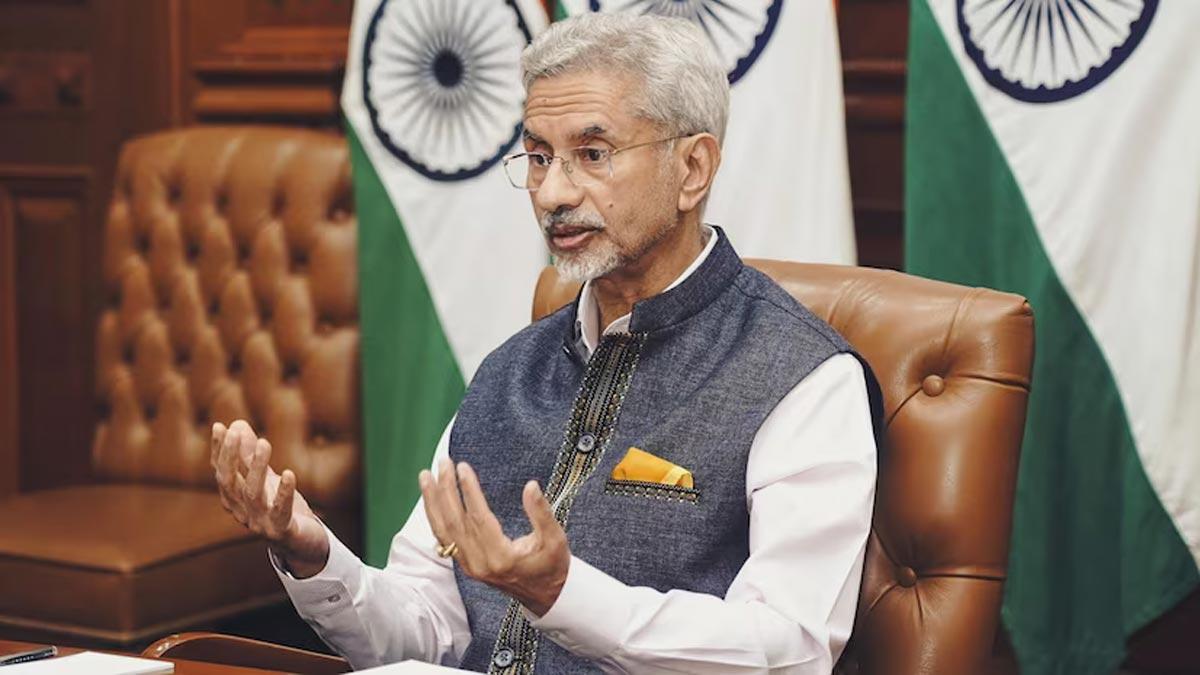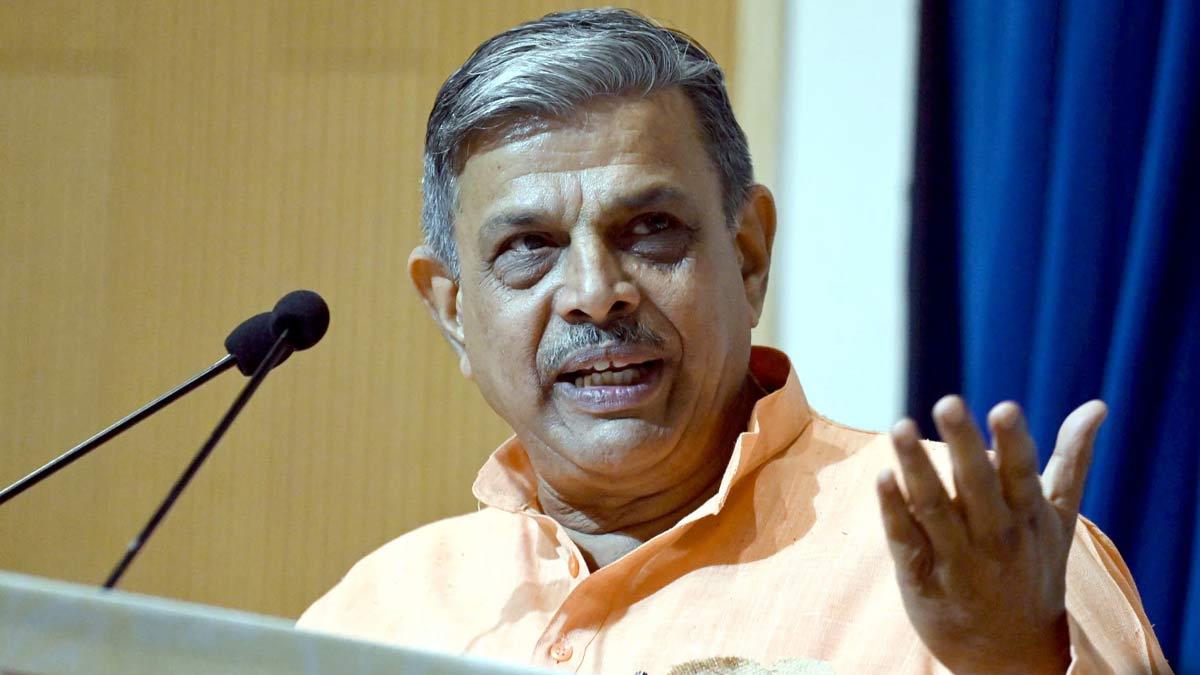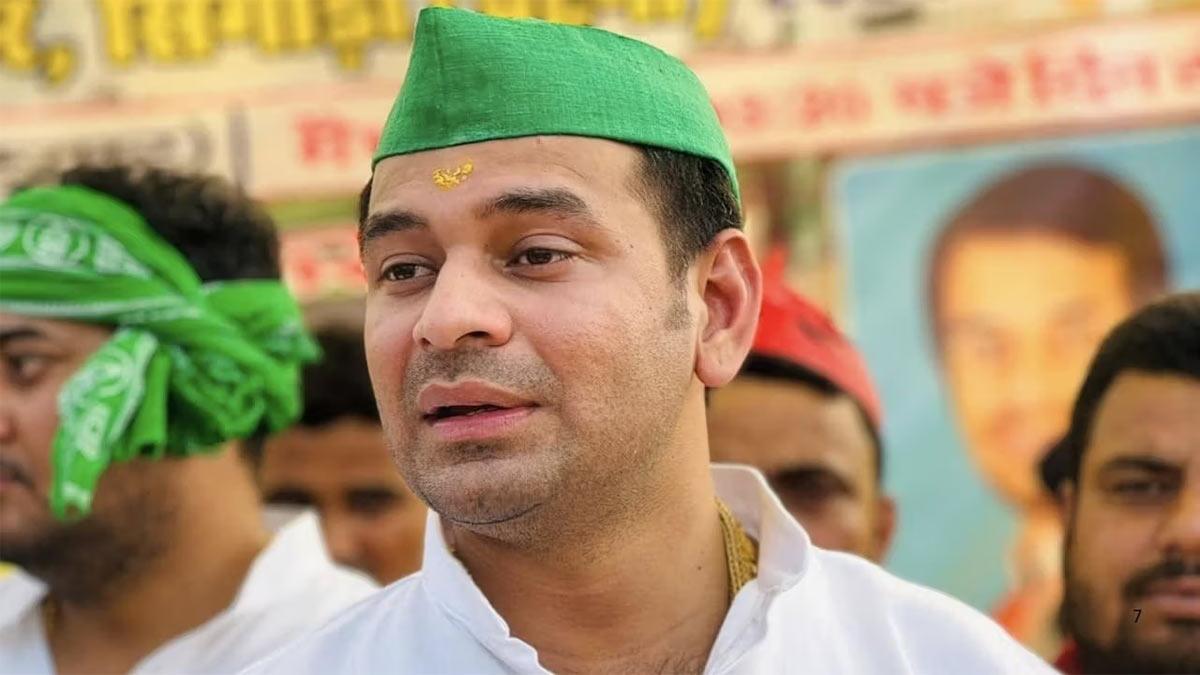The Indian government on Tuesday said that all Internet intermediaries and social media platforms have to comply with the law of the land, after Twitter moved the Karnataka High Court against its order to take down some content on its platform.
Minister of State for Electronics and IT Rajeev Chandrasekhar said in a tweet that all foreign intermediaries and platforms have a right to approach the court and judicial review in India.
"But equally, all intermediary/platforms operating here have an unambiguous obligation to comply with our laws and rules," Chandrasekhar posted.
IT Minister Ashwini Vaishnaw said that "be it any company, in any sector, they should abide by the laws of India".
Earlier in the day, Twitter moved the Karnataka High Court against the Indian government's order to take down some content on its platform, on the grounds that the content blocking orders from the IT Ministry do not pass "the test of the grounds provided under Section 69A of the IT Act".
Twitter alleged in its writ petition that multiple accounts and content included in the blocking orders are either "overbroad and arbitrary", fail to provide notice to the "originators" of the content, and are "disproportionate" in several cases, sources told IANS.
Also Read | SpiceJet plane lands in Mumbai with cracked outer windshield
In a June letter, the IT Ministry had warned Twitter of strict action if it does not comply with some content takedown orders.
Twitter has now sought judicial review of some of the content that forms a part of various blocking orders, requesting relief from the court to set aside these blocking orders.
"These blocking orders are being challenged on the basis that they are procedurally and substantially deficient of the Section 69A requirements," read the writ petition.


















